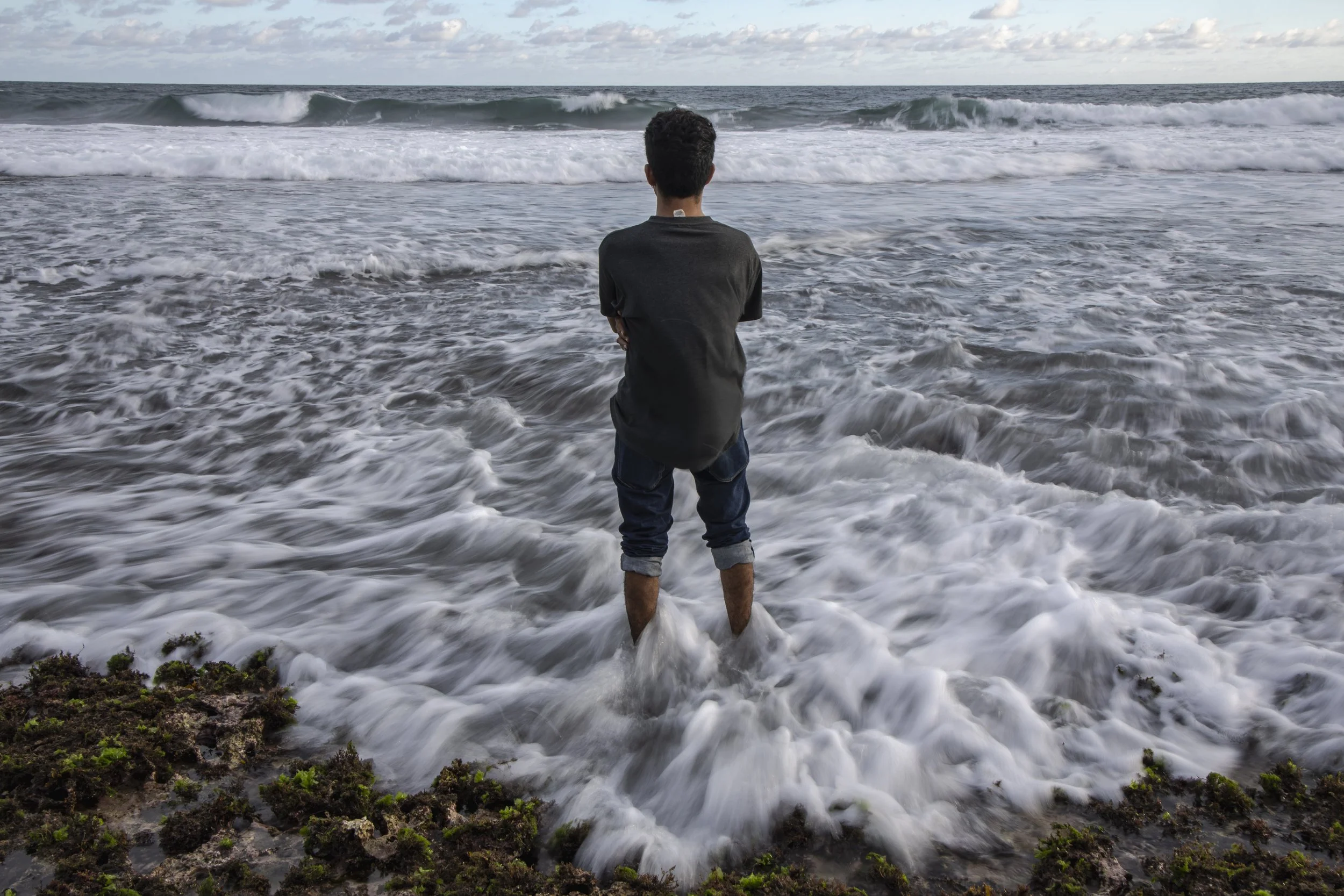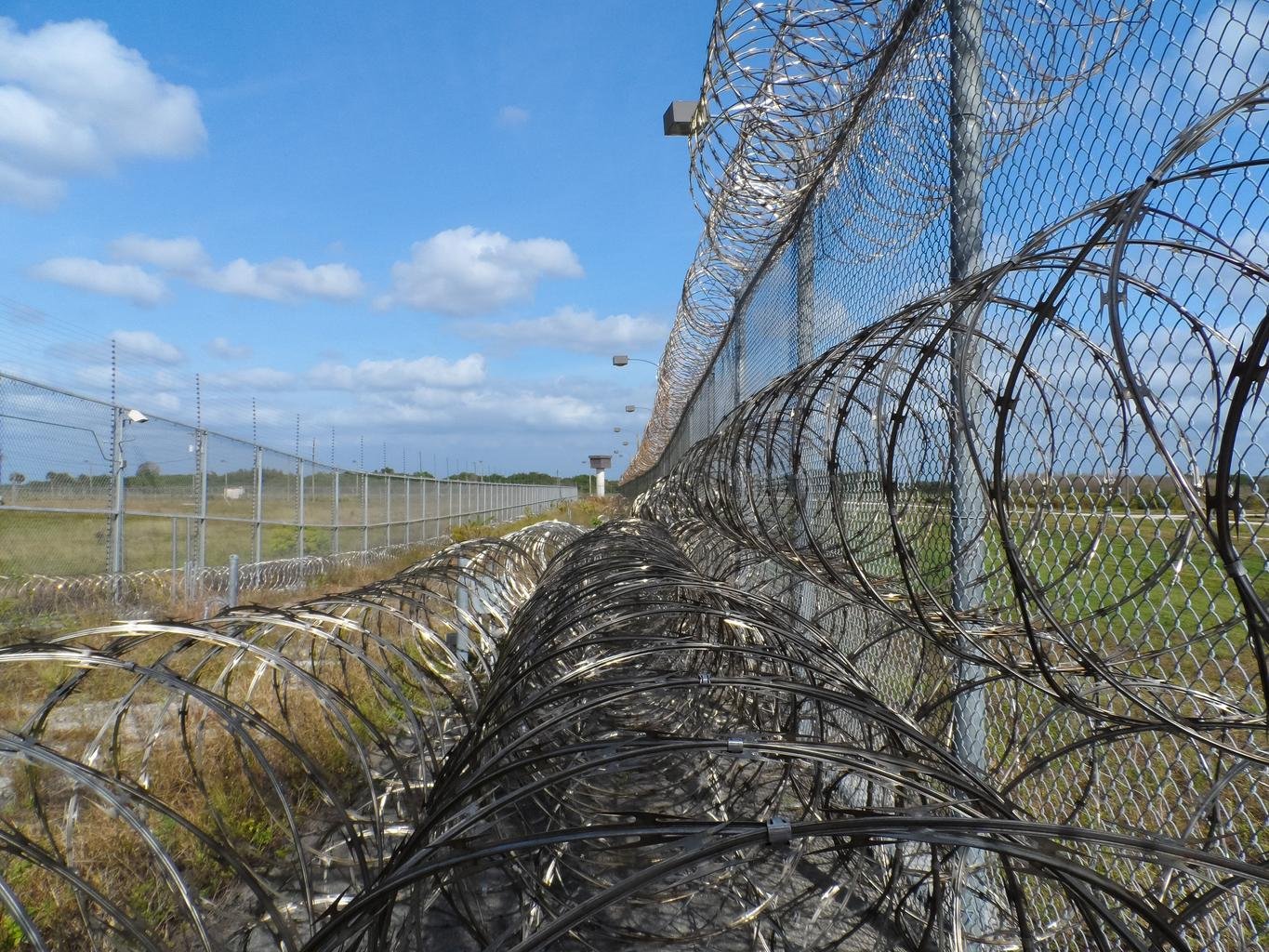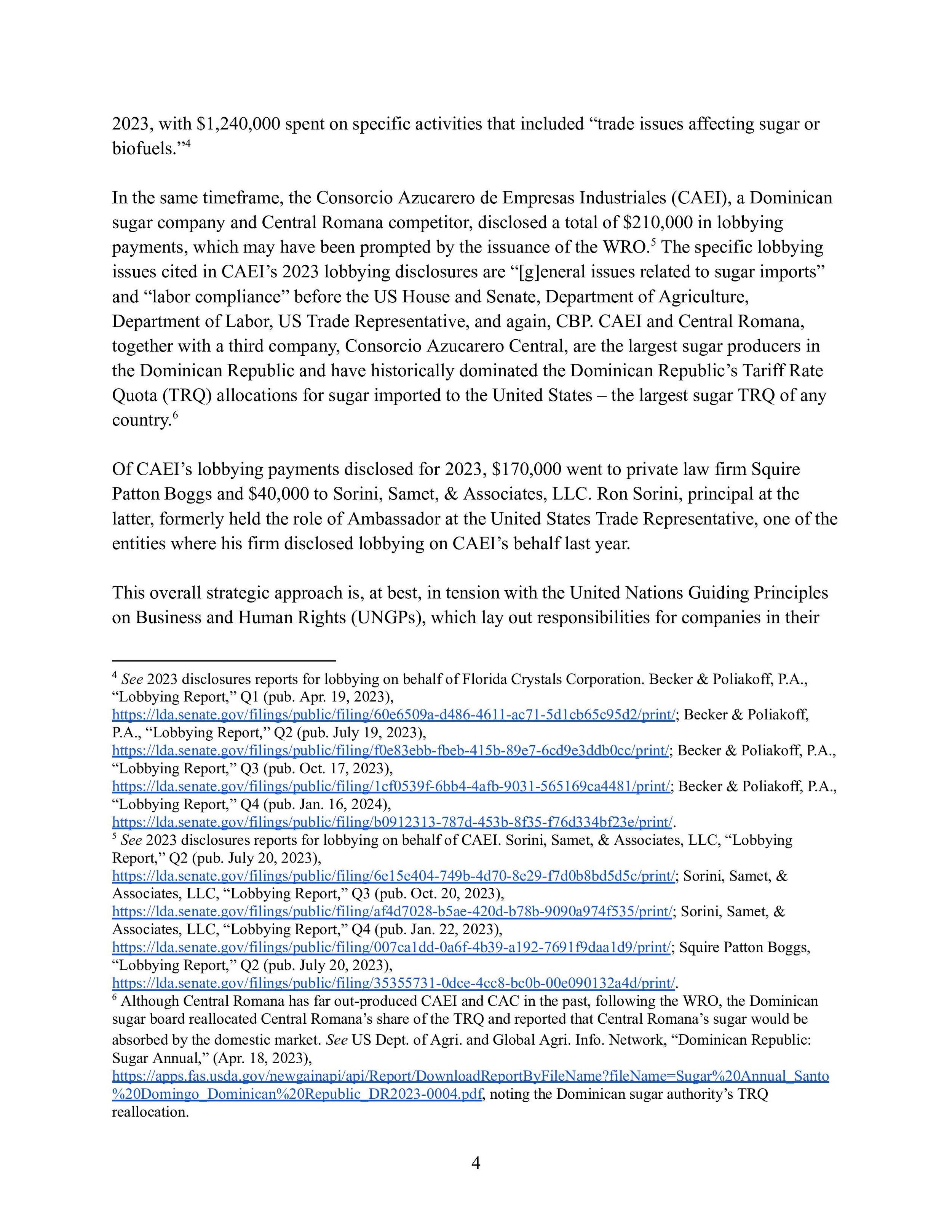This blog post provides an update on the Trafficking Victims Protection Act (TVPRA) case against five defendant seafood companies: Phatthana Seafood Co., Ltd.; S.S. Frozen Food Co., Ltd.; Doe Corporations; Rubicon Resources, LLC; and Wales & Co. Universe Ltd. It provides an overview of the harms workers faced, a history of the case, and an interpretation of the latest TVPRA amendment currently impacting this case. It concludes by discussing how the Ninth Circuit can rectify its mistakes and provide justice to the seven individuals whose lives were devastated by these corporations.
Caught in a Sea of Trafficking: Akhmad, et al. v. Bumble Bee Foods
On March 12, 2025, four Indonesian fishers filed suit in San Diego, California, against Bumble Bee Foods. They claimed they were victims of forced labor, human trafficking, and debt bondage in violation of the Trafficking Victims Protection Act (TVPRA). This case is the first human trafficking case brought against a U.S. seafood company for forced labor at sea.
MSC: The Blue Tick Deceiving Consumers
A recent report has found that MSC-certified fisheries work with fishing vessels where incidents of forced labor have been reported by fishermen. The Outlaw Ocean Project documented forced Uyghur labor in ten MSC-certified facilities in China. A 2023 report by a coalition of international environmental non-profit organizations has further critiqued the MSC for its lax environmental standards, lack of labor protections, and deception of consumers. In spite of all this evidence, the MSC continues to fail consumers by allowing them to believe that buying MSC-certified products is the sustainable option when, in reality, the fish coming from MSC-certified facilities were procured and processed in a manner comparable to those originating from non-certified facilities. Certification schemes like the MSC need either to effectively protect workers’ rights and the environment or remove themselves from occupying the space of a more effective alternative, such as a union or worker-driven model.
In November 2024, CAL and the SSA submitted a petition to the FTC to enjoin BAP for its misleading and deceptive advertising practices.
BAP is a third-party certification scheme that claims to certify each step of the aquaculture production chain, including farm, feed, hatcheries, and processing facilities. BAP touts itself as being one of the “easiest ways to know that your seafood was produced in a safe, responsible, and ethical way.” In reality, BAP-certified shrimp production processes are rife with labor and environmental abuses.
30 FARMERS SUBMIT GRIEVANCE TO THE GHANA COCOA BOARD USING AGENCY’s GRIEVANCE AND REDRESS MECHANISM
Ghana is the second largest producer of cocoa in the world, home to over 800,000 smallholder farmers who make up about 60 percent of Ghana’s agricultural workforce. Despite the massive profits that global chocolate companies earn, poverty is pervasive in Ghana’s cocoa-growing communities. According to the 2022 Cocoa Barometer, an overwhelming majority of farmers and their families live in poverty: the average cocoa farmer earns between $0.40 and $0.45 USD per day, whereas the living wage in Ghana is estimated as of 2022 to be $13.5 USD per day. Meanwhile, chocolate companies have been making record profits despite the pandemic and global inflation.
Sweet Deals, Sour Outcomes: How Speculation and Commoditization Affect Cocoa Farmers
The problem with the cocoa commodity price spike is not the increased price. Cocoa should be priced higher! But more of that value needs to go to the farmers who grow it. Outside of the commoditized market that supplies bulk quantities of cocoa to corporations such as Nestlé and Mondelez, alternative supply chain models already exist. Some smaller “premium” chocolate companies contract directly with farmers, paying up to $12,000 per metric ton of cocoa. They pay the premium price to ensure a supply of beans that are harvested by ethical, well-compensated laborers on an environmentally sustainable farm.
Human Rights Hypocrite: prison-made goods can be exported from the US but not imported
The United States is both a world leader in the protection against forced labor – and one of the world’s most practiced and committed violators. This hypocrisy is due to an inherent contradiction in U.S. law: while it is illegal to import goods produced with forced or prison labor, it is not illegal to produce goods using prison labor or export goods produced in such a manner. This inconsistency means that incarcerated workers in the United States produce products that can – and likely are – exported to other countries, where they can be sold, perhaps even labeled as “Made in USA.”
Canada Renews Efforts to Address Forced Labor in New Supply Chain Law, But Misses the Mark
Canada’s long-awaited, Fighting Against Forced Labour and Child Labour in Supply Chains Act (Act) went into effect on January 1, 2024. While it is largely a disclosure law, it also makes Canada the first country in the world to ban the importation of goods made with child labor—a bold and controversial move, discussed further below. In this blog post, we provide an overview of the two key elements of the Act and then explain the Act’s limitations compared to other supply chain legislation.
Responses to CAL’s Groundbreaking Report on Abuses in the Indian Shrimp Sector
It has only been a few weeks since we published our report and already we are seeing shifts in the industry. In the coming months, we hope to see more improvements for workers and their communities. The first step towards change is acknowledging the problem. The attention on the industry and the acknowledgement from many U.S. retailers and distributors that they need to look into their supply chains, is a beginning. As we move forward, it is imperative that companies – both U.S. and Indian – do more than make appropriate statements. They must implement changes to upend the prevailing pattern of abuse.
CAL se une a 35 organizaciones que firman una carta a CBP, destacando el fracaso de Central Romana para remediar el trabajo forzoso
CAL Joins 35 Organizations signing open letter to CBP highlighting Central Romana’s failure to remediate forced labor
So-called Sustainability programs are failing cocoa farmers and their families: How Nestlé and Mondelez greenwash – and labor wash – their chocolate products
The West African cocoa industry, where two-thirds of the world’s cocoa is grown, is notorious for its human rights abuses. From hazardous child labor to child trafficking to the poverty wages that farmers earn, little of the cocoa supply chain in West Africa is “fair” or “sustainable.” Yet over the past decade, certification schemes – such as Rainforest Alliance, Fairtrade International, and Fairtrade USA – and so-called sustainability programs – like Mondelez’s Cocoa Life, Nestlé’s Cocoa Plan, Mars’ Cocoa for Generations, and Hershey’s Cocoa For Good – have proliferated.
Certification Schemes: Why Fairtrade International, Rainforest Alliance and Others are Failing Workers and Consumers
These days, if you go into a grocery store, there are numerous labels on food products touting how ethical and sustainable the product is. Yet these certification labels often misrepresent the labor and environmental standards used to produce these products. Certification schemes, such as Fairtrade International, were initially developed to provide workers – often farm workers in rural areas – with increased income, better working conditions, and a steady stream of buyers. Moreover, they signaled to consumers that the products were produced sustainably, without exploiting workers, children, or the environment.
Ending Slavery in Some State Prisons is Not Good Enough. We Must #EndtheException for All.
Yesterday’s election results gave momentum to a national movement to #endtheexception (led by the Abolish Slavery National Network). We urge everyone, as you wait for the balance of power in Congress to be decided, to contact your representatives and demand they pass House Joint Resolution 53 and Senate Joint Resolution 21, identical proposals to amend the US Constitution “to prohibit the use of slavery and involuntary servitude as a punishment for a crime.”
In 2020, Halloween Candy is (Still) Scary for People and the Planet
How, in 2020, can it be possible that nearly every piece of candy in a trick-or-treater’s bucket arrived there after a long journey that harmed both people and the planet? This post focuses on a few of the negative impacts associated with key ingredients in Halloween candy: cocoa (forced child labor; deforestation), sugar (forced displacement; forced labor; excessive water use), milk (climate change; abusive working conditions), and palm oil (deforestation; human rights abuses). We offer some considerations for conscious consumers to take into account while candy shopping, all the while recognizing that we as a community of global citizens are not going to be able to buy our way out of this scary reality.
The Scary Truth About Halloween Candy
It’s Nearly Impossible To Buy Chocolate You Can Feel Good About
A lot of you have been asking for our recommendations on what chocolate to buy this Halloween, given the fact that forced labor and environmental abuse are so rampant in the cocoa sector. We wish we had better news.
The sad and hard truth is that there is very little chocolate that is truly sourced ethically (and don’t get me started on the labor and environmental issues related to sugar and palm oil production, both key ingredients in Halloween candy).



































